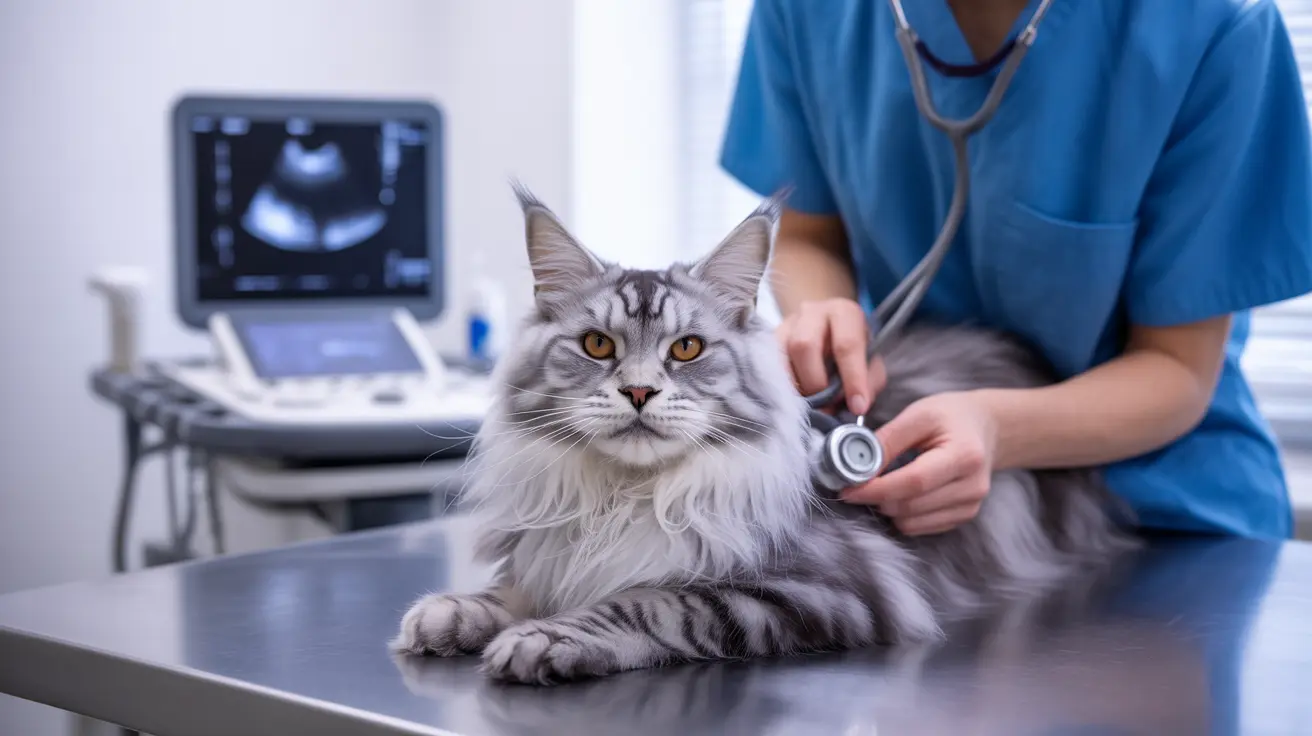When your beloved pet faces complex medical challenges, a veterinary specialist can provide the advanced expertise needed for the best possible care. But what is a veterinary specialist, and how do these highly trained professionals differ from your regular veterinarian? Let's explore the world of veterinary specialization and its crucial role in animal healthcare.
These medical experts represent the highest level of veterinary expertise, having completed extensive additional training and certification beyond their initial veterinary degree. Their specialized knowledge and skills allow them to diagnose and treat complex conditions that may be beyond the scope of general veterinary practice.
What Makes Someone a Veterinary Specialist?
A veterinary specialist is a doctor who has completed not only their Doctor of Veterinary Medicine (DVM) degree but has also pursued additional intensive training in a specific field of animal medicine. This advanced education includes:
- A one-year internship after veterinary school
- 2-3 years of specialized residency training
- Rigorous board certification examinations
- Ongoing education to maintain their certification
These professionals earn the title of "Diplomate" in their specialty college, signifying their expertise in areas such as surgery, internal medicine, or oncology.
Common Types of Veterinary Specialties
The American Veterinary Medical Association (AVMA) recognizes over 40 distinct specialties, each focusing on different aspects of animal health. Some of the most common include:
- Surgery specialists who perform complex operations
- Internal medicine specialists managing chronic diseases
- Oncologists treating various forms of cancer
- Neurologists addressing brain and nervous system conditions
- Dermatologists treating skin conditions
- Emergency and critical care specialists
When to Seek a Veterinary Specialist
Your primary veterinarian may recommend a specialist when:
- Your pet requires advanced diagnostic procedures
- Complex surgery is needed
- Traditional treatments aren't producing desired results
- Your pet has a rare or complicated condition
- Second opinion is needed for a serious diagnosis
The Impact of Specialized Veterinary Care
Veterinary specialists often work with cutting-edge technology and treatments that may not be available in general practice. They contribute to advancing veterinary medicine through research, teaching, and clinical practice, ultimately improving the standard of care for all animals.
These experts frequently collaborate with general practitioners, creating comprehensive treatment plans that combine specialized interventions with ongoing routine care. This team approach ensures your pet receives the most effective treatment possible.
Frequently Asked Questions
What is a veterinary specialist, and how do they differ from general veterinarians?
A veterinary specialist is a veterinarian who has completed additional training and board certification in a specific area of veterinary medicine. Unlike general veterinarians, specialists focus exclusively on their area of expertise and handle more complex cases requiring advanced knowledge and skills.
How do I know if my pet needs to see a veterinary specialist?
Your primary veterinarian will typically recommend a specialist if your pet's condition requires advanced diagnostics, specialized surgery, or expertise in treating specific conditions. Common reasons include cancer treatment, complex surgeries, or unusual medical cases.
What are the different types of veterinary specialties available?
There are over 40 recognized veterinary specialties, including surgery, internal medicine, oncology, cardiology, neurology, dermatology, ophthalmology, and emergency/critical care, among others.
How do veterinary specialists contribute to the overall care and health of my pet?
Veterinary specialists provide advanced diagnostic and treatment options, use cutting-edge technology, and offer expertise in complex cases. They work alongside primary veterinarians to ensure comprehensive care for pets with serious or unusual conditions.
What is the process for a veterinarian to become a board-certified specialist in a specific field?
The process involves completing a Doctor of Veterinary Medicine degree, followed by a one-year internship, 2-3 years of residency in their chosen specialty, and passing rigorous board certification examinations. They must also maintain their certification through ongoing education and training.
Conclusion
Veterinary specialists play a vital role in providing advanced medical care for our animal companions. Their expertise, combined with dedication to continuous learning and innovation, ensures that pets have access to the highest level of medical care possible. When complex health issues arise, these specialists work alongside your primary veterinarian to provide the specialized care your pet needs.






